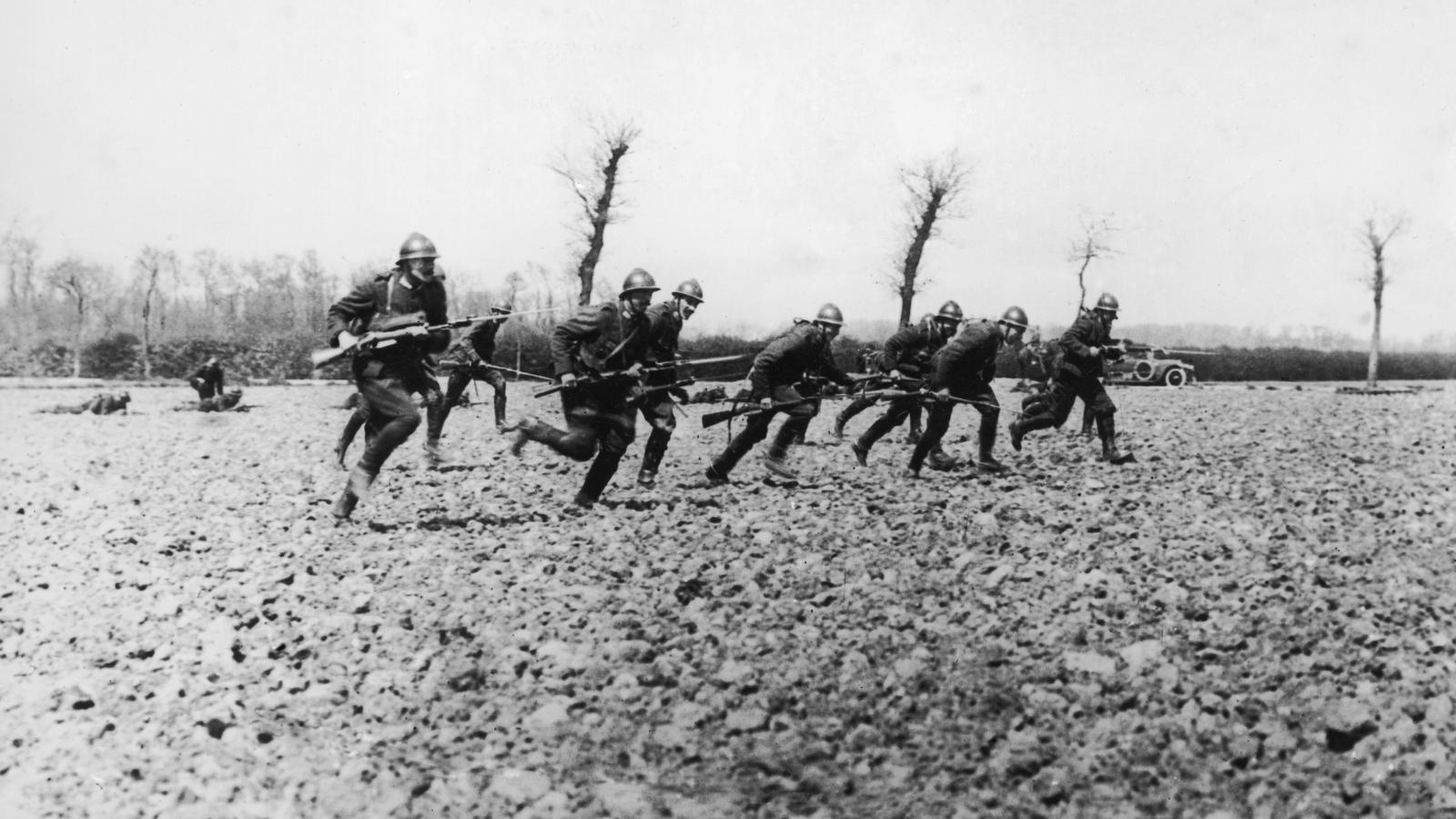

After US Vice President JD Vance's speech at the Munich security conference and Zelensky's meeting with Trump at the White House, it's difficult to write about anything other than Europe and its future. The victory of the far right in the US and the new international order it is trying to impose should spur European leaders and provoke an accelerated political reorganization of the continent. It's time for Europeans to abandon illusions about how we would like the world to be and to make the difficult decisions that must be made to face the world as it is. It's time for realism.
The invasion of Ukraine already showed us our strategic dependence on defense and energy. Trump's tariff policies and his use of the economy for geopolitical threats reveal our economic and technological dependence. And Vance's words show that even in the ideological realm we cannot trust the US. Now we have truly reached the end of Fukuyama's story, but not as he anticipated. The West has cracked. The new American ruling class has bought into Putin's rhetoric when, just five years ago, he declared to the Financial Times that liberalism was obsolete. Europe is practically alone in defending liberal democracy and must carefully assess its strength. A continent still politically divided and lacking strategic autonomy cannot defend the liberal international order. It must exercise realism and, above all, focus on clearly defining its interests and swearing by them.
In this task, it will be essential to speak clearly to citizens: put idealism away and face reality. As Robert Kagan said more than twenty years ago, Europe has allowed itself to live in a paradisiacal but unreal world for too long.
Recent European policy provides us with two clear examples of this lack of realism. The first has been the energy transition policy to achieve a decarbonized economy. In the face of a strong environmental movement, political leaders have not had the courage to explain to citizens the costs of this transition. We have been assured that the transition would not harm the competitiveness of the European economy, but quite the opposite. Even with the new Commission, the department that deals with these issues is called Clean, Fair and Competitive Transition, in yet another example of wishful thinking, if not pure propaganda.
One of the central concepts in economic policy is that of trade-off or dilemma. A situation in which the simultaneous achievement of two objectives is impossible for budgetary or technological reasons. To achieve one objective, it is necessary to sacrifice the other, at least partially. In economics, these dilemmas are common; it is not for nothing that it is the discipline dedicated to the management of scarce resources.
The dilemma is obvious in the short term. It is possible that in the future, the development of technologies that emit fewer emissions will have a positive impact on competitiveness, as China has achieved in some sectors, but this is an indirect effect that does not compensate for the immediate impact of transition policies.
The second example of a lack of realism is the current discussion about increasing defense spending. The public is presented with this as a low-cost alternative, since these expenses will promote economic growth, productivity, and technological improvements. Again, let's not fool ourselves. More guns means less butter, as economics textbooks have always claimed. Haven't we said for many years that there was a peace dividend in Europe? Preparing to avoid war, of course, has a cost, even if spending on weapons has some indirect effect on technological progress.
It is better to speak clearly to the public than to resort to subterfuge or propaganda. It is essential not to generate false expectations that end up undermining the credibility of leaders when the public feels deceived. Furthermore, it is necessary for voters to accept the decision in all its magnitude and importance. It is an unpopular policy that must be made consciously and that, for example, should not be modified if, depending on ongoing negotiations, the war stabilizes in the coming weeks. The change in the geopolitical landscape we are experiencing is here to stay, and Europe must adapt to it as soon as possible.
